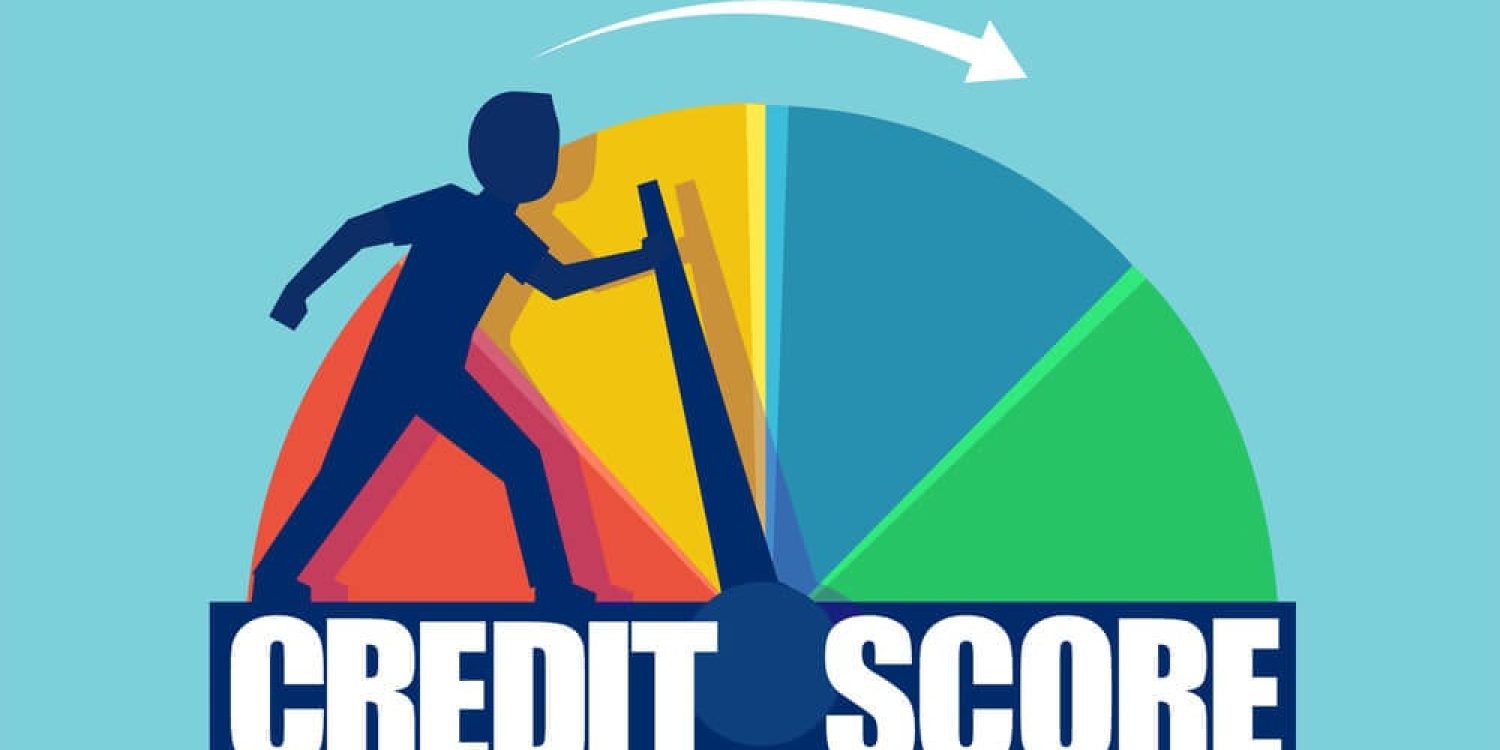The term credit was first used in English in the 1520s and has several known sources. From the Middle French crédit meaning, “belief, trust” and stemming from the Latin verb credere “to trust, entrust, believe,” our concept of credit was born. Credit is the trust that allows one party, person, or entity to provide resources to another based on a promise to repay or return those resources at a later date.
Think about it this way, would you loan something to someone you don’t trust? Banks and lenders are the same way. The difference is they don’t know you–your circumstances, your struggles, or how honest you are–they only know what’s in your credit profile. While this may not be fair, it is the way the game is played.
Your credit score is considered a direct reflection of how responsibly you handle money. A high score tells creditors, “hey, this gal is alright and represents a low risk. She is credit-worthy” A low score says to them “Warning! Proceed with extreme caution!”
Did you know that until the Equal Credit Opportunity Act of 1974 women were subject to much stricter terms or denied credit cards, and often had to have a male co-signer to purchase a home? People of color also were subjected to discriminatory practices that prevented them from purchasing homes in white neighborhoods.
Banks and other lenders, protect themselves and minimize the risk of not getting their money back by creating policies to only lend to those deemed credit-worthy. This can severely hinder those with less than prime credit from buying a car, getting a mortgage, or even getting a new cell phone.
That is why is it so important to know your number, protect it if it’s good, and improve it if it’s not. The federal government allows consumers to pull their own credit at no cost every 12-months. Click here to visit the free credit reporting site and see what your lenders see. Not happy with your number? Click here for a consultation or to get started today.


